A UN rapporteur calls on medical professionals worldwide to cut ties with Israel, condemning its deliberate destruction of Gaza’s healthcare system
UN Rapporteur Urges Global Medical Professionals to Cut Ties with Israel Over Gaza’s Healthcare Crisis
In a bold and controversial statement, a United Nations (UN) rapporteur has called on medical professionals around the world to sever ties with Israel, condemning the country’s actions in Gaza, which he claims have led to the deliberate destruction of the region’s healthcare system. This call has sparked heated debates globally, drawing attention to the ongoing humanitarian crisis in Gaza and the role of international medical and humanitarian organizations in the conflict.
The UN rapporteur’s statement comes as Gaza faces unprecedented challenges in its healthcare infrastructure, with hospitals and medical facilities suffering devastating damage amidst the ongoing conflict. The appeal to medical professionals worldwide to distance themselves from Israel is part of a larger discourse on the ethical responsibilities of healthcare workers and the role of global institutions in addressing war-related humanitarian crises.
The Growing Humanitarian Crisis in Gaza
The healthcare system in Gaza has been under severe strain for years due to the ongoing Israeli-Palestinian conflict. However, the situation has dramatically worsened in recent months. Since the escalation of violence, the region’s medical facilities have been overwhelmed, and critical infrastructure has been destroyed, including hospitals, clinics, and medical supply chains. The United Nations and various humanitarian organizations have repeatedly raised alarms about the dire conditions faced by the population, with limited access to medical care and a shortage of life-saving resources.
Reports indicate that Israel’s military operations have led to the destruction of key healthcare infrastructure in Gaza, further exacerbating the already fragile medical situation. Hospitals are operating well beyond their capacity, and many are forced to make difficult decisions due to shortages of essential medicines, medical staff, and equipment. The situation is made worse by the ongoing blockade, which restricts the flow of medical supplies and personnel into the region.
As a result, healthcare workers in Gaza are facing unprecedented challenges in treating the wounded and providing basic healthcare services to the population. The destruction of medical infrastructure has left many people in need without access to life-saving treatment, and the international medical community has voiced its concern over the worsening crisis.
The UN Rapporteur’s Call for Action
In response to the ongoing devastation, the UN rapporteur’s call for medical professionals worldwide to sever ties with Israel has drawn significant attention. The rapporteur condemned Israel’s actions as a violation of international law, specifically accusing the country of deliberately targeting Gaza’s healthcare system, which is protected under the Geneva Conventions. These conventions outline the obligation of belligerents in a conflict to protect civilians, including healthcare workers and facilities, from direct attack.
The UN rapporteur’s statement calls for a global response, urging doctors, nurses, and other healthcare professionals to reconsider their involvement in medical collaborations or partnerships with Israeli institutions. This includes cutting ties with medical organizations, conferences, and research initiatives that may be seen as supporting the actions of the Israeli government in Gaza.
The rapporteur’s message highlights the ethical responsibility of medical professionals to advocate for human rights and to stand in solidarity with vulnerable populations affected by conflict. The call for action is framed within the larger context of holding Israel accountable for what the rapporteur and others describe as war crimes related to the destruction of healthcare facilities and the suffering of civilians in Gaza.
Global Reactions to the UN Rapporteur’s Statement
The call to sever ties with Israel has sparked a wide range of reactions from the international community, particularly among medical professionals and human rights advocates. Supporters of the rapporteur’s statement argue that the destruction of Gaza’s healthcare system represents a clear violation of international law and that the global medical community must take a firm stand against such actions. By cutting ties with Israel, they say, healthcare professionals can send a powerful message of solidarity with the people of Gaza and highlight the need for accountability.
On the other hand, critics of the UN rapporteur’s statement argue that such a call could have negative consequences for the healthcare sector and the broader humanitarian mission. They contend that severing ties with Israeli medical institutions may undermine efforts to provide medical assistance to both Palestinians and Israelis, as well as hinder collaborations that could lead to important medical advancements and peace-building initiatives.
Some medical organizations, including the World Health Organization (WHO), have remained focused on the urgent need for immediate humanitarian assistance in Gaza, while emphasizing the importance of maintaining professional neutrality in conflict zones. These organizations stress the need for dialogue and collaboration in order to provide care for those in need, regardless of political affiliation.
Despite the controversy, the call to sever ties with Israel has brought renewed attention to the broader issue of accountability for actions during armed conflicts, particularly those that result in civilian casualties and the destruction of vital infrastructure.
The Ethical Dilemma: Medical Neutrality vs. Humanitarian Responsibility
The debate surrounding the UN rapporteur’s statement raises important questions about the role of healthcare professionals in conflict zones. Medical neutrality is a cornerstone of international humanitarian law, which requires medical personnel to provide care to all individuals, regardless of their political affiliation or nationality. The principle of medical neutrality is intended to ensure that healthcare workers can operate in conflict zones without interference, allowing them to focus solely on the well-being of patients.
However, as the situation in Gaza continues to worsen, the line between medical neutrality and humanitarian responsibility has become increasingly blurred. Many in the international community argue that healthcare professionals have a moral obligation to take action when their work is being directly impacted by violence or when their patients’ access to care is being obstructed.
Some have called for a reevaluation of the principle of medical neutrality in situations where healthcare systems are deliberately targeted or destroyed, as they argue that failing to respond to such actions would be complicity in the suffering of civilians. The UN rapporteur’s statement reflects this viewpoint, positioning the protection of Gaza’s healthcare infrastructure as a key issue of human rights.
Moving Forward: The Role of the International Community
As the humanitarian situation in Gaza continues to deteriorate, it is clear that the international community must take urgent action to address the crisis. The destruction of medical infrastructure in Gaza not only poses a serious threat to the health of its people but also undermines the principles of international law and medical ethics that are designed to protect civilians in times of conflict.
While the call for medical professionals to sever ties with Israel is one response to the crisis, the broader international community must also engage in meaningful efforts to bring about a peaceful resolution to the Israeli-Palestinian conflict. International diplomatic pressure, humanitarian aid, and accountability for violations of international law are all necessary components of a comprehensive approach to addressing the situation in Gaza.
In the end, the fate of Gaza’s healthcare system and the broader humanitarian crisis will depend on the collective action of governments, international organizations, and individuals who are committed to upholding human rights and ensuring access to life-saving medical care for all.
Conclusion: A Call for Accountability and Solidarity
The UN rapporteur’s call for medical professionals to sever ties with Israel has sparked an important debate about the ethical responsibilities of healthcare workers in conflict zones. As the situation in Gaza continues to unfold, the international community must continue to prioritize humanitarian aid and ensure that the protection of civilians and medical infrastructure is at the forefront of global efforts. While the destruction of Gaza’s healthcare system is a tragedy, it also serves as a reminder of the need for accountability, solidarity, and a commitment to human rights in times of conflict.
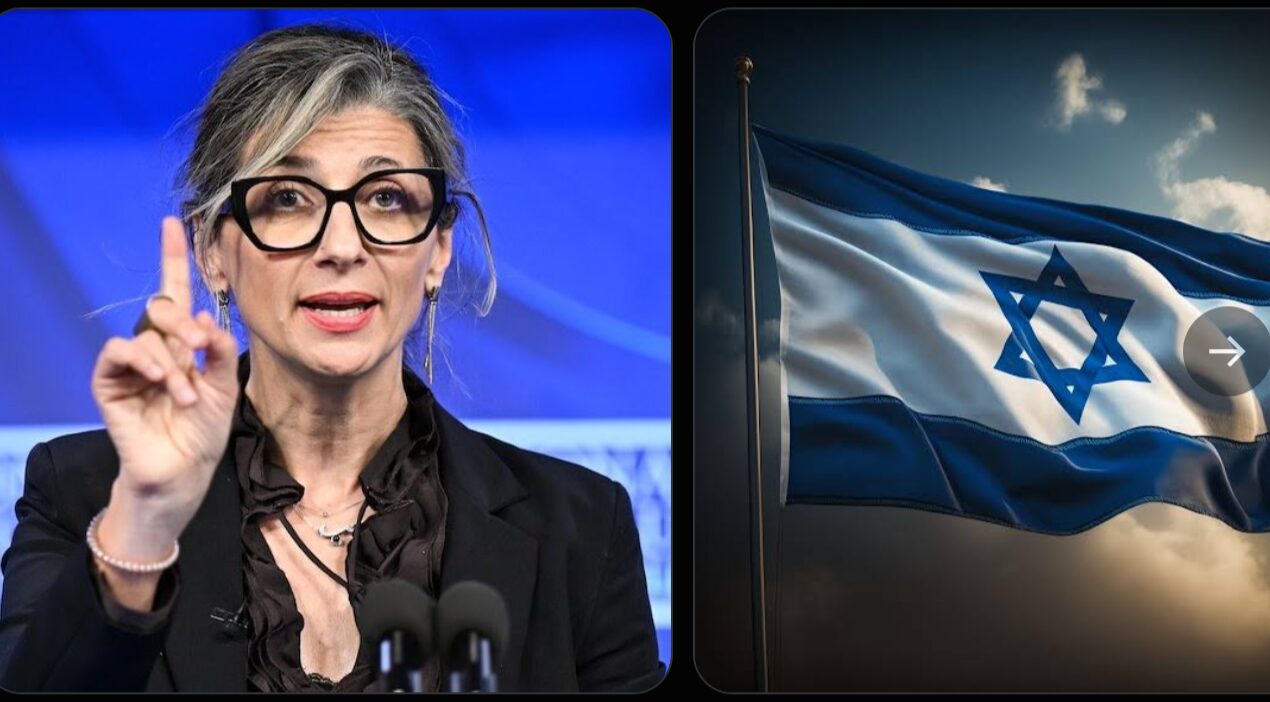
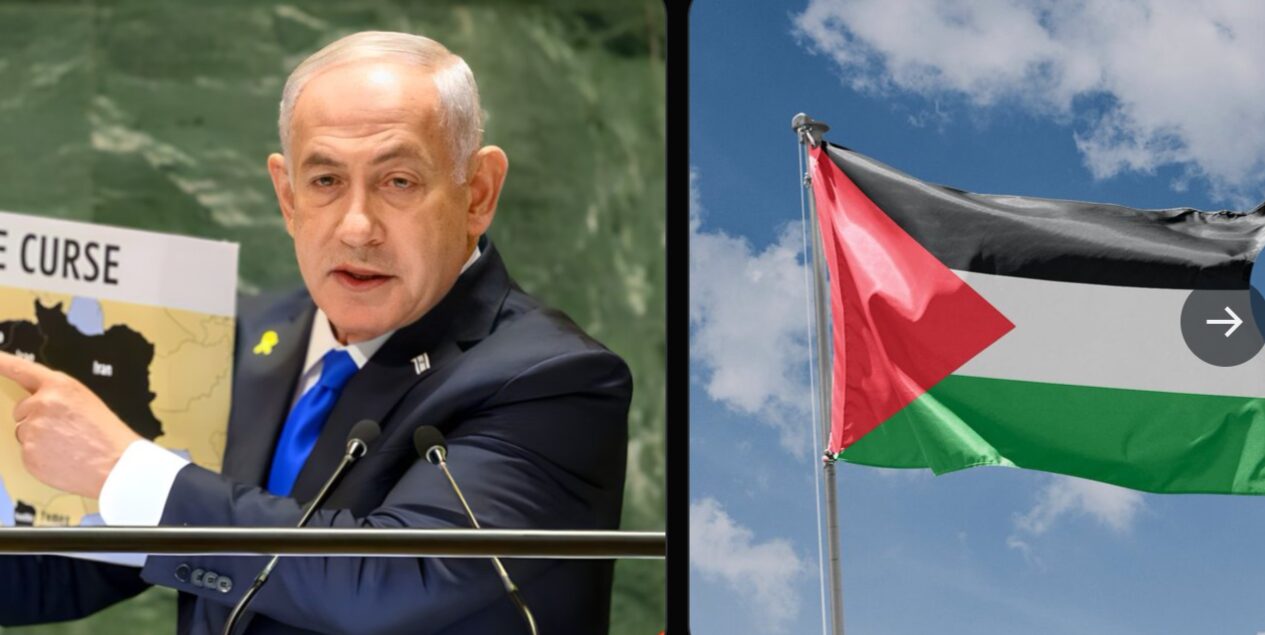
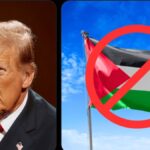
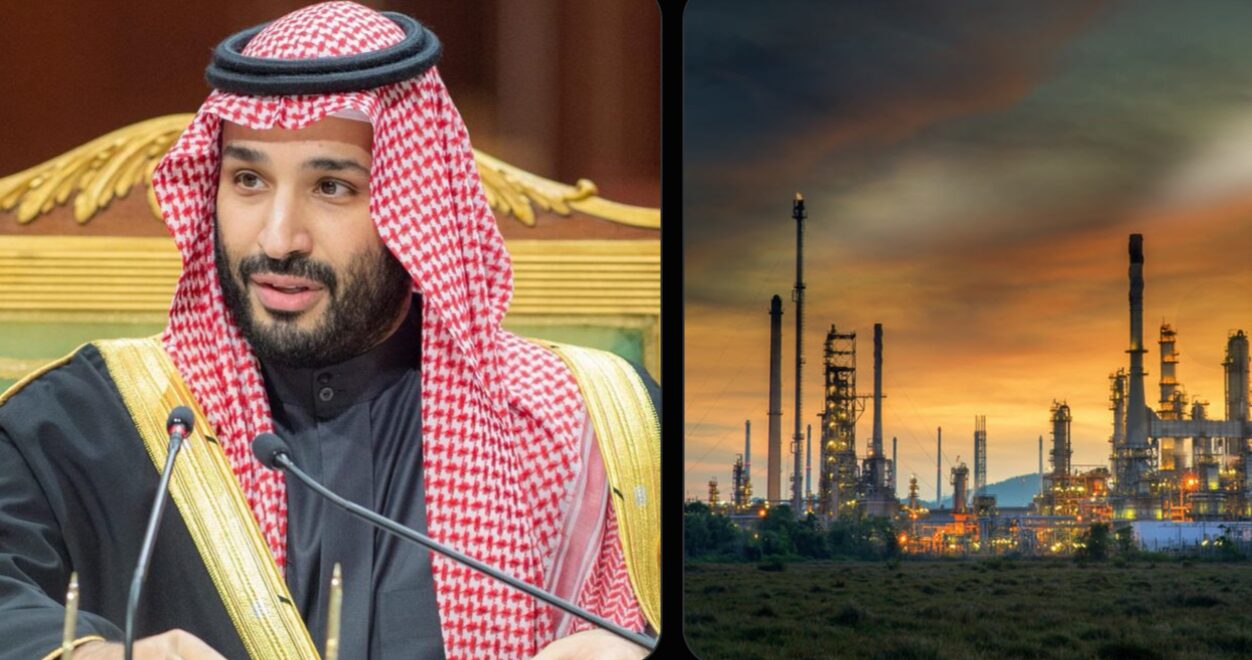
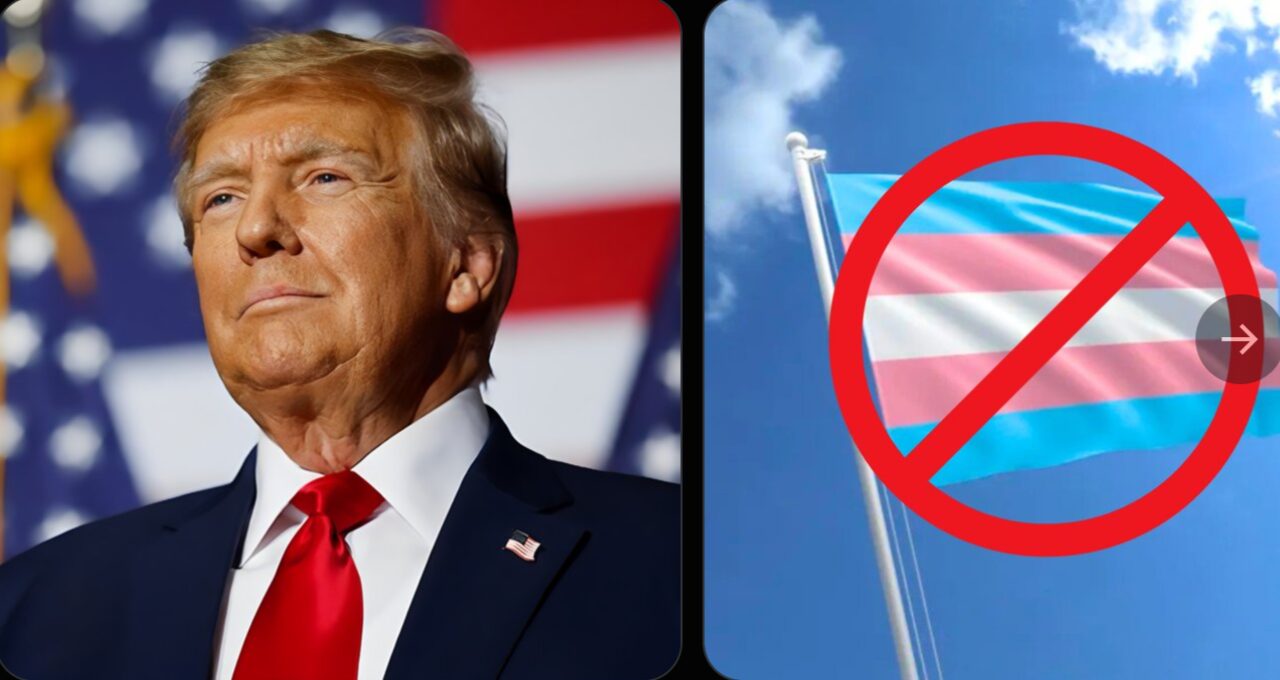
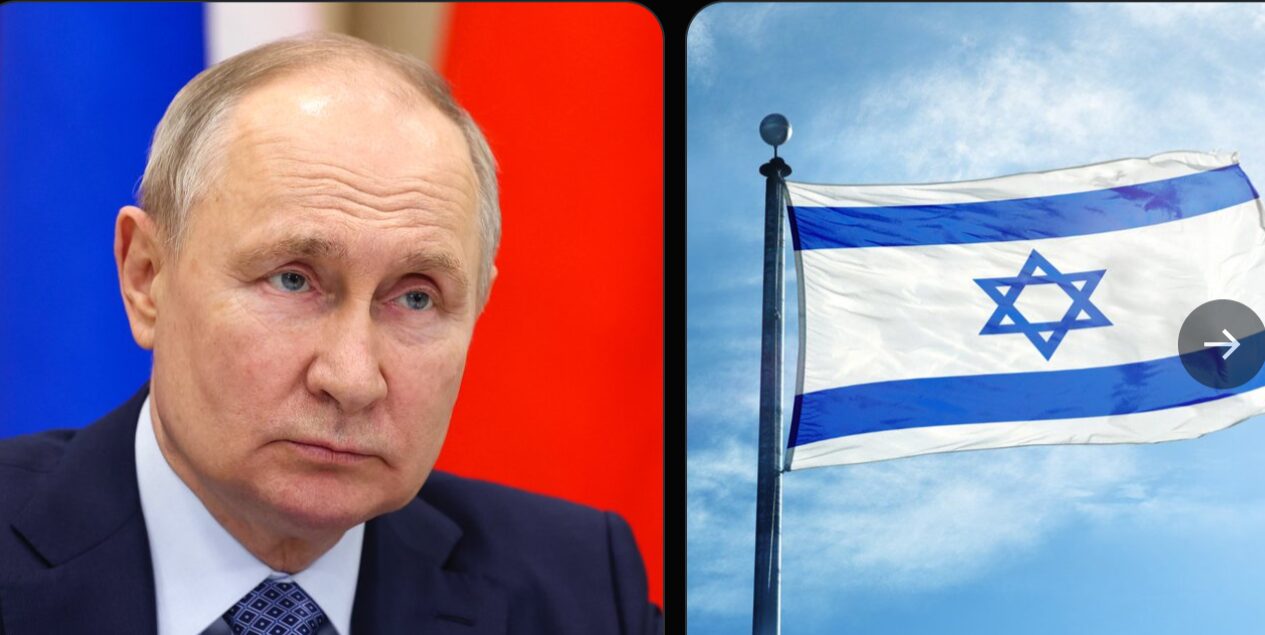
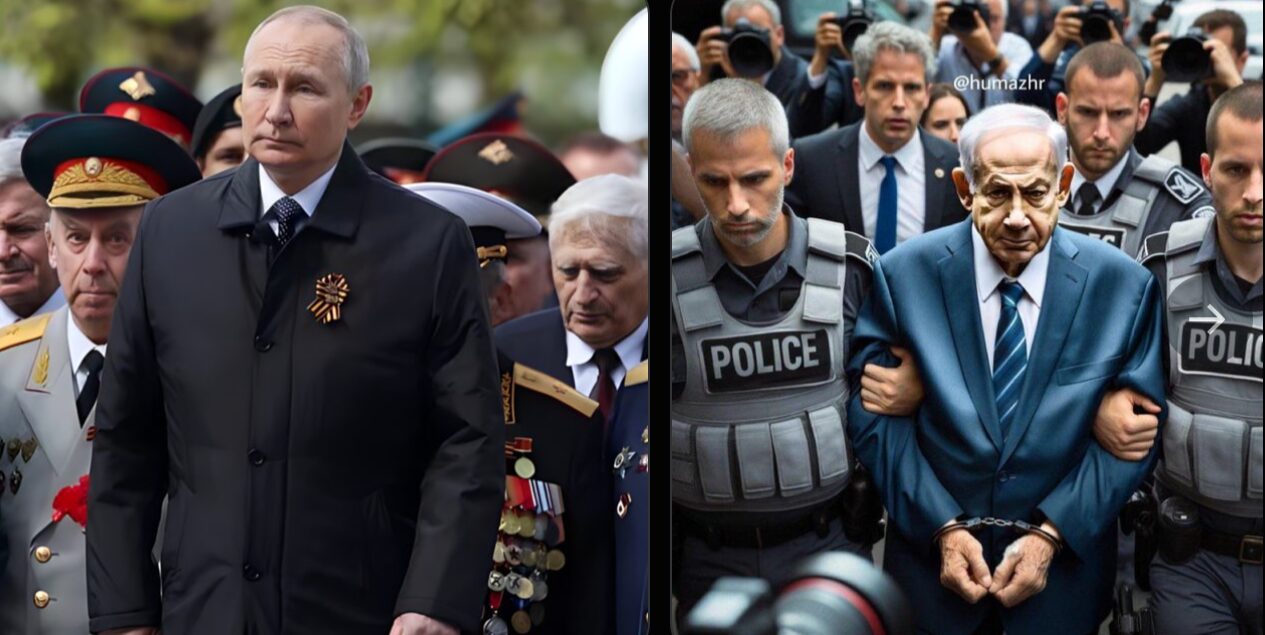










Post Comment